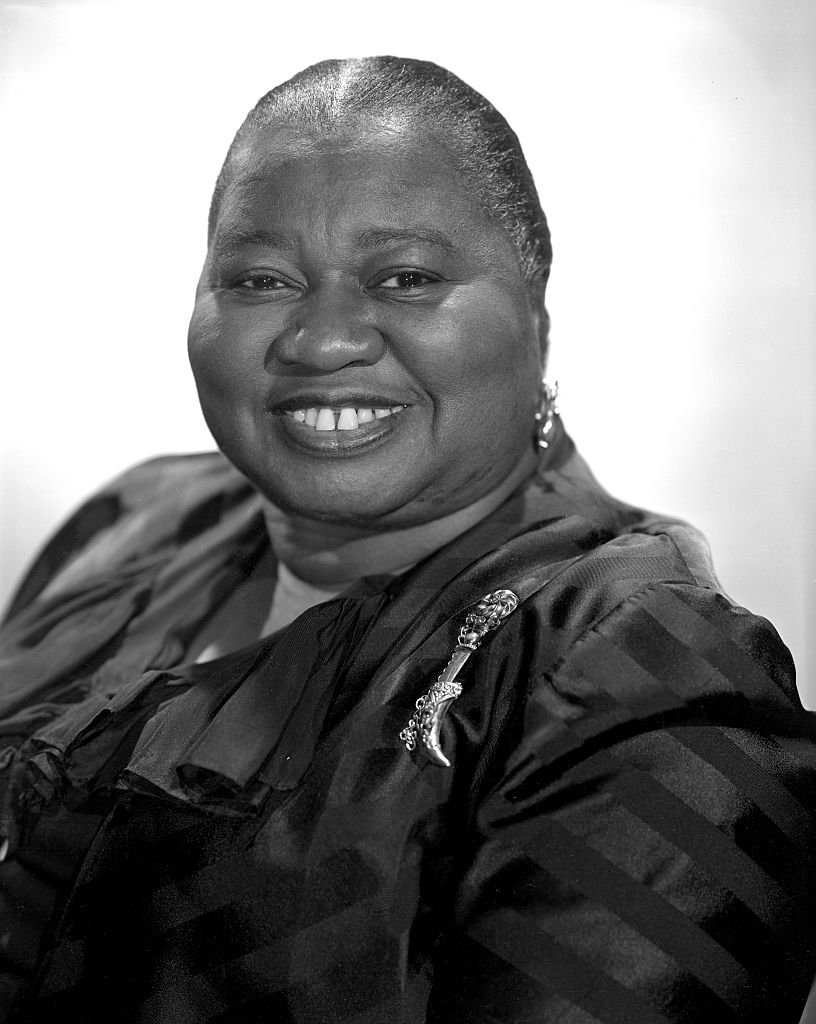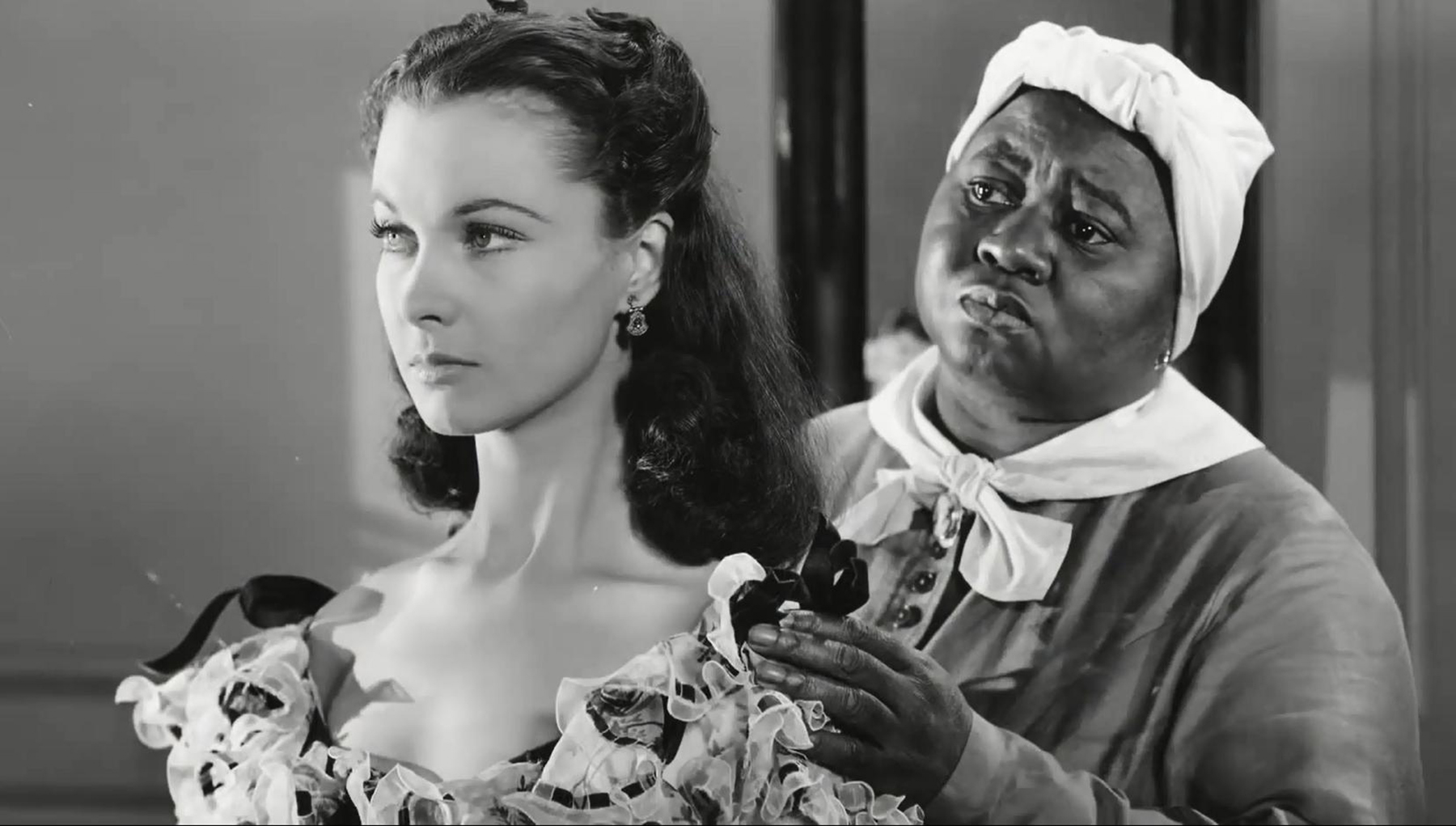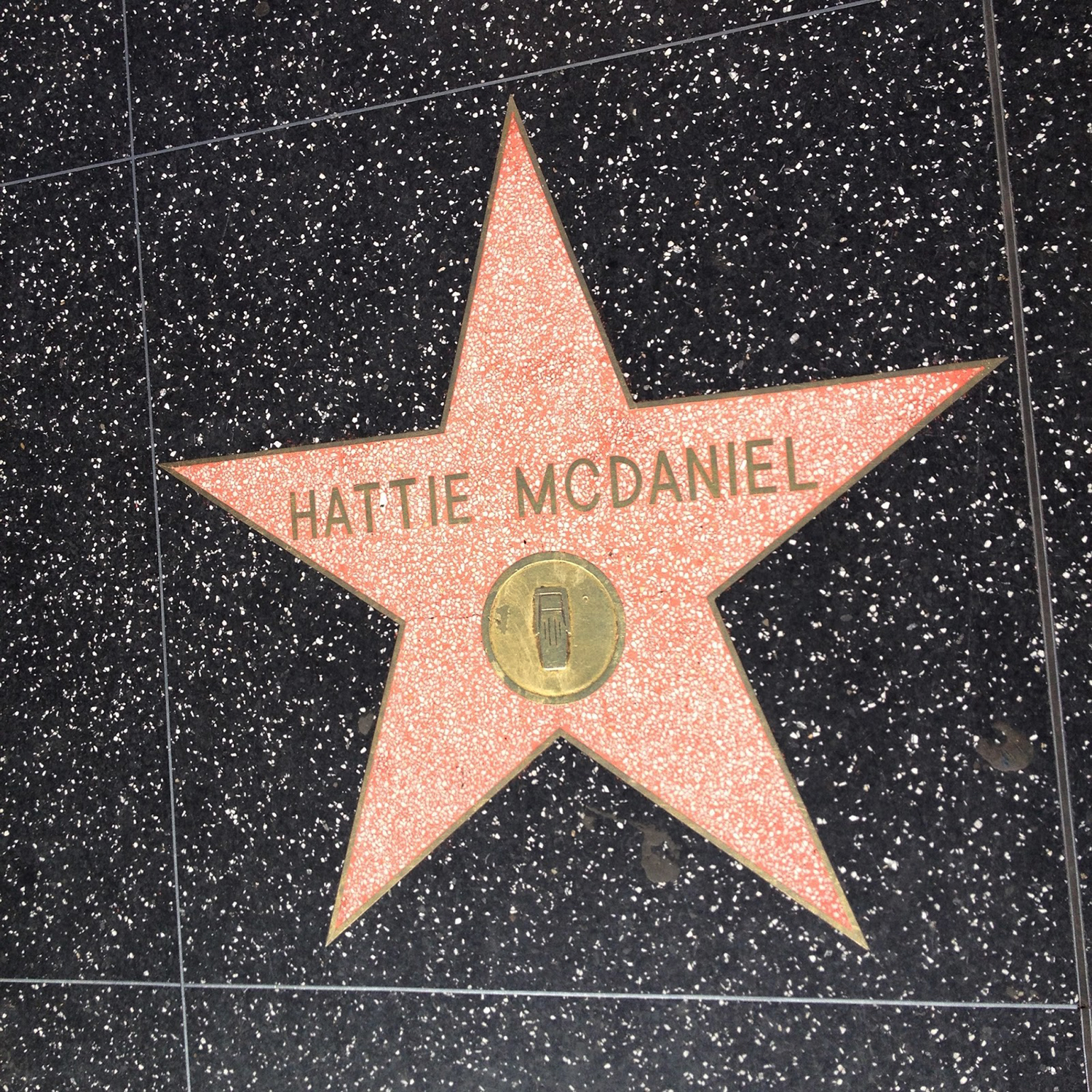
- Industry
Forgotten Hollywood: Hattie McDaniel, First Black Oscar Winner
She is known for one thing. But Hattie McDaniel’s life and career are so much more than the Oscar for a legendary and now controversial film, even if it was the very first Academy Award ever bestowed on an African American actress.
Her life is a testament to the horrors of segregation and rampant racism. But this descendant of slaves who knew at the tender age of 8 that she wanted to be an actress, turned her life into a success story despite having obstacles thrown her way at every turn. Born on June 10, 1893, to formerly enslaved parents in Wichita, Kansas. She was the youngest of 13 children. Her mother Susan Holbert worked as a cleaning woman with a dream of being a gospel singer, something she did in her Baptist church on the weekends. Her father Henry McDaniel fought with the 122nd Unites States Colored Troops during the Civil War. Two of her siblings were also actors, her brother Sam played in a Three Stooges short film.
The young Hattie had a knack for songwriting and also performed with her brother Otis’ carnival company. In the early 1920s, she sang with a black touring ensemble called Melody Hounds on the radio. She recorded seven sessions in Kansas City and Chicago. Her singing career came to halt after the stock market crash in 1929 and the Great Depression. As usual, it was black people who were hardest hit. Hattie had to take a menial job as a washroom attendant at Club Madrid near Milwaukee. Yet again her persistence saved her from getting stuck: she persuaded the owner to let her sing on stage and became a regular performer. It was not until 1931, though, when she moved to Los Angeles that her acting career really began. This was the beginning of the talkies and the golden era of Hollywood – if you were white. McDaniel’s “break-through role” came in the Mae West-starred I’m No Angel. Her ‘big’ part: a maid. It was two years later that she played what is probably her most interesting role (Gone with the Wind notwithstanding). In the John Ford-directed Judge Priest, she sang and acted opposite Will Rogers who became a lifelong friend. She got another chance to perform like that in Show Boat, but most of her parts were domestics. Criticized by many members of her own community about her choice in roles (not that she had other offers), she simply responded:

Joan Crawford, Tallulah Bankhead, Bette Davis, Shirley Temple, Olivia de Havilland, and Clark Gable, who would become lifelong friends. That she got the part of Mammy in GWTW is largely due to Gable, who protested then First Lady Eleanor Roosevelt’s insistence that her own maid, Elizabeth McDuffie be given the job. He made sure McDaniel got to audition. She nailed the test. ‘I desire a white casket and a white shroud; white gardenias in my hair and in my hands, together with a white gardenia blanket and a pillow of red roses. I also wish to be buried in the Hollywood Cemetery’. That last wish was not granted. Again, it was the ‘whites-only’-policy and deep-rooted racism that went even beyond someone’s death that prevented it. She is buried at Rosedale Cemetery. But it is her two (!) stars on the Walk of Fame that fans flock to one located at 6933 Hollywood Boulevard

background:white’>“I sincerely hope I shall always be a credit to my race and to the motion picture industry.” And that she is.

